Exit Kings Cross Station at the St Pancras Road end and bear left. A pleasant five-minute stroll down a pedestrian boulevard leads you across Regent’s Canal and onto Granary Square, a tranquil oasis seemingly far removed from the City hustle and bustle just around the corner. There is a distinct cosmopolitan vibe and sense of cultural well-being here. The area is teeming with people sampling world cuisine from mobile stalls, relaxing on benches in front of the impressive synchronised water jet-fountains and hanging around the many trendy upmarket bars and art shops. Situated just around the corner at the heart of this classy modern development in Stable Street, is Spiritland. Surely one of London’s coolest venues for music fans, it was here that premium British Hifi-company Data Conversion Systems, known and venerated throughout the audiophile world simply as DCS, held their 30th Anniversary celebration last week. Not knowing quite what to expect from the event, intriguingly dubbed “The Future of Music Playback in the Home”, I went along to check it out for Hifi Pig readers!
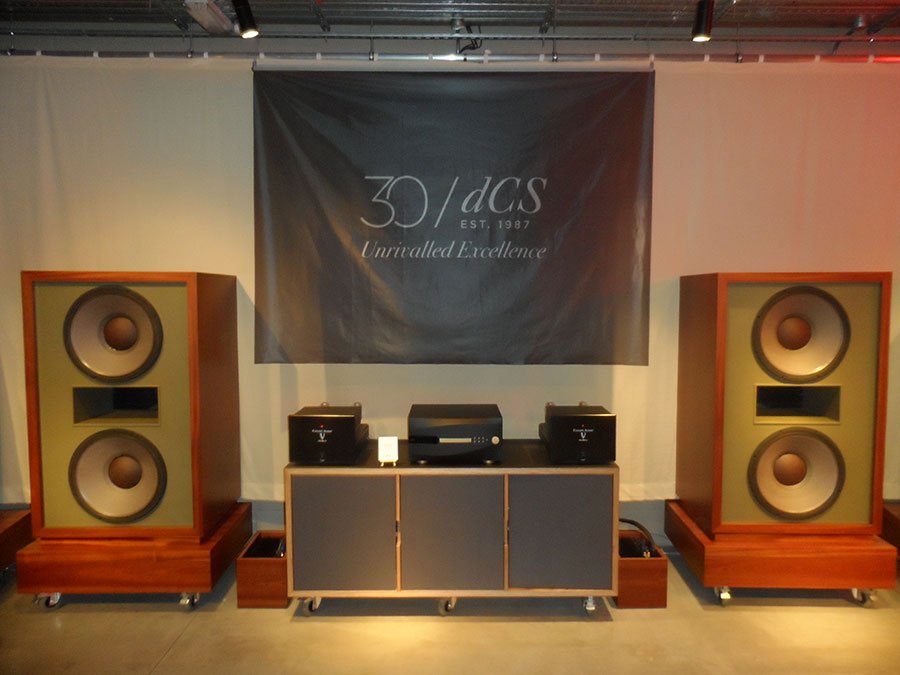
Basically Spiritland could be considered the Ultimate Music Pub! “Come Home to Music”, prominently engraved on the glass door clearly states the place’s ethos, not dissimilar to DCS’s own slogan: “Only the Music”. And this was the first thing that hit me when I walked through that door: Music!! Wonderful, detailed, quality music, full of texture and emotion that instantly had me looking around for the band and forgetting all about that drink I thought I wanted! There is a stage area, but there aren’t any live musicians at Spiritland, just two pairs of enormous and very impressive-looking Living Voice high-sensitivity horn loudspeakers and a rack containing a truly unique unit, freshly unboxed; a one-off Vivaldi One created especially for Spiritland by DCS. The story behind this is that DCS’s young, charismatic Managing Director David Steven had been a regular visitor to the venue since its opening in late 2016 and he’d struck up a friendship with Founder and Creative Director Paul Noble. Liking and relating to the club’s concept and values, David decided to help Paul further improve Spiritland’s sound and integrate streaming using DCS’s flagship Vivaldi DAC. The collaboration of like-minded partners dedicated to audio excellence flourished and to mark their 30th Anniversary DCS decided to design Spiritland a special present for the party, this bespoke Vivaldi One. Resplendent with “Spiritland” etched on a brass plate it is totally in keeping with the vapour-blast custom-built Isonoe mixer and sonically it complements the rest of the system and provides an eye-catching centrepiece in-between the Atelier du Triode and Canary Audio Class A amps.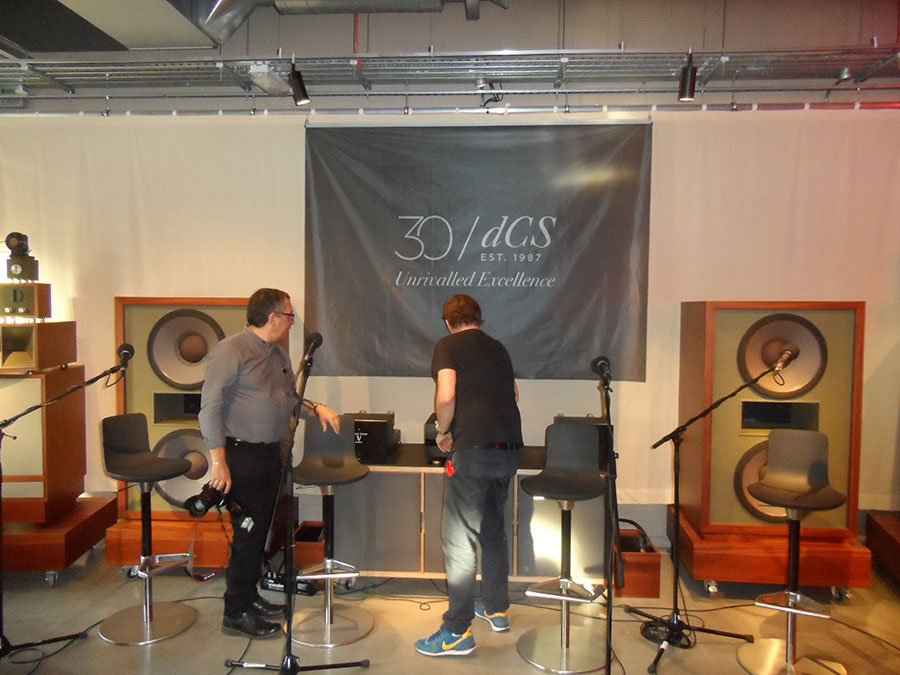
I didn’t know the CD that DJ Ian Black had playing when I arrived, an album by a modern jazz trio, but I was really enjoying it. It sounded like there was a grand piano, an upright bass and real drum-kit being played right there in front of me. Later on Ian switched genres and streamed some raw Blues by Muddy Waters followed by a bit of chilled dance and funk. Everything he put on sounded great! The musical illusion created is stunning and the quality of the sound or rather ‘music’ that the system in Spiritland is capable of reproducing is captivating; true audio full immersion! The volume went up to quite loud at times but the clarity was so good that normal conversation was easy. I was also impressed by the bass that rose up from the floor right through my body, giving a feeling of actually being part of the band. As I tried to stop grinning and started to take in the decor it became obvious to me that Spiritland customers are privy to a truly first-rate Hifi listening experience.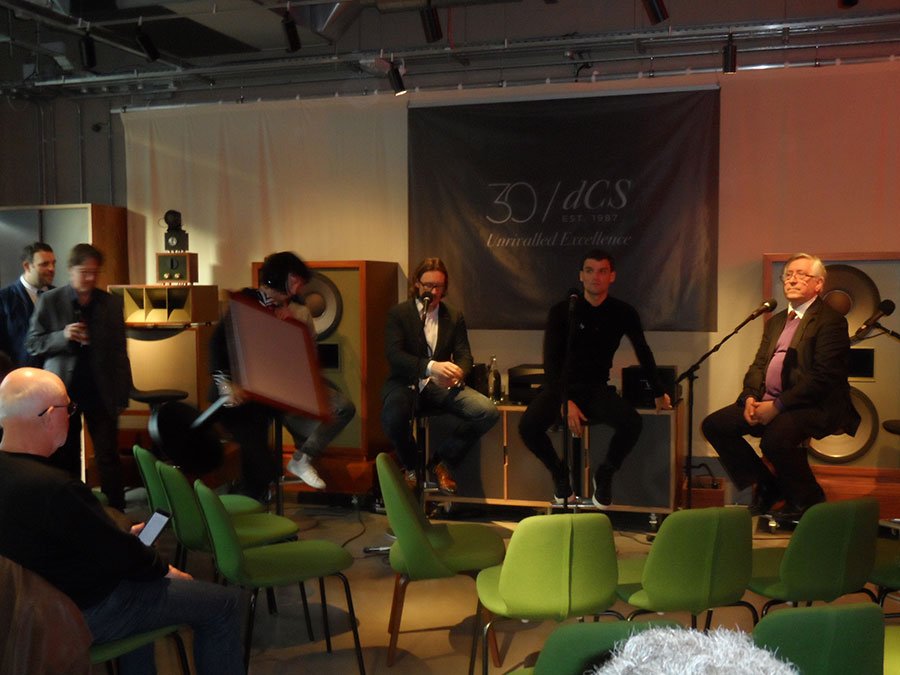
So what’s the thinking behind having an esoteric system in a City bar? Surely this must be some kind of exclusive private member’s club? Not so, Spiritland is a normal functioning bar/café. It opens daily from 8am, there’s no entrance or membership fee and the kitchen provides a comprehensive menu. What makes it special and different from any other hip, upmarket establishment serving excellent food and drink, is its total dedication and single-minded focus on the music. Paul Noble explained how the idea is to give members of the public access to something they would never normally be exposed to, an opportunity to hear music on a truly unforgettable Hi-end Reference system. Spiritland has put a lot of effort into attaining the definitive listening ambience for its customers. The equipment has been commissioned to yield the most aesthetically pleasing results. Kevin Scott’s Living Voice speakers are stunning and the wooden DJ booth made from baked Ash, definitely the most beautiful one I’ve ever seen, contains modified industry standard Pioneer CD and Technics 1210 decks as well as a rather special Slovenian Kuzma Stabi XL DC turntable. Ian explained how visitors to Spiritland enjoy seeing the equipment working as well as listening to the music in a clarity they have never heard it before. People are encouraged to bring in records and CDs but the DJs will only play uncompressed formats, vinyl, WAV or higher and no MP3s.The sets are varied, encompassing every conceivable genre, but just as I was beginning to wax lyrical about music with DJ Ian, DCS’s charming Head of Marketing & Communications Krysti Hamilton made her welcoming speech and the main event kicked off.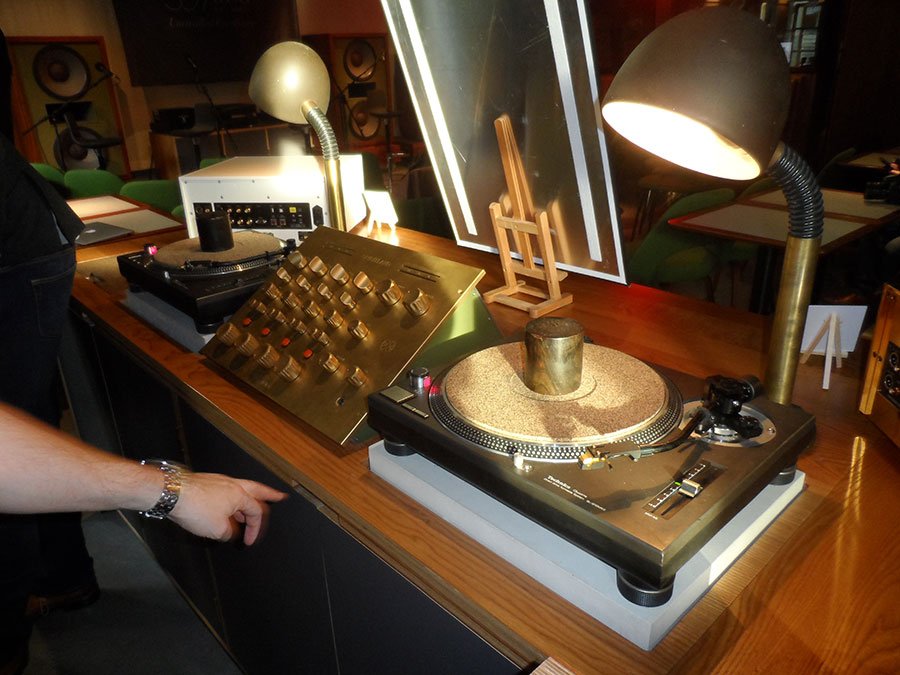
I knew from the invitation that there was going to be a debate, but admit I was expecting DCS to talk about the Vivaldi One. I mean it’s an incredibly powerful and versatile piece of equipment, only a 250 limited edition series available in several finishes, including 24-carat gold, for a cool 55K! However, this was not an event designed to promote the Vivaldi and DCS are not a company that need to convince their knowledgeable audiophile customers about the merits of their products. The quality speaks for itself as it has done for the past three decades. DCS are industry World-Leaders, exclusively hi-end, a niche within a niche market. Everything they produce at their facility at Swavesey near Cambridge is designed and built In-House from component level with full compatibility and upgradeability. It is then rigorously tested to guarantee maximum and lasting performance standards. There is no need to preach to the converted and most of the eminent guests at Spiritland that afternoon knew all about the Vivaldi. Chatting at the bar I found DCS tech boffins Andy McHarg and Chris Hales, who have worked for the company since its inception back in the military radar days when the incredibly low noise ratios they were working at attracted the BBC as one of their first commercial audio customers. Ray King, Ex Quad and current DCS Head of Development (and also Bassist) was there with his charming wife as was Ricardo Franassovici, Chairman of Absolute Sounds and UK DCS Distributor, along with a host of other Hi-end dealers like Giancarlo Massironi from The Speaker Shack. This wasn’t merely a promotional opportunity for DCS. They don’t need that and they will always have their loyal and very satisfied customers. As MD David Steven emphasised, they make no apologies for aiming to produce the very best and most exclusive products. Instead the event was more of a summit meeting to discuss something that will affect everybody with an interest in music. To delve into this fascinating subject, the future of music playback, Spiritland and DCS had assembled a panel of audiophile experts for an open debate, masterfully chaired by former Hi-Fi World/Hi-Fi Choice Editor and technology columnist for the Sunday Times, David Price. Representing the Computer Audio generation, modern musician and music consumer was successful Internet DJ, Radio host and Producer Ben Gomori. Enno Vandermeer, founder and CEO of Roon Labs’ cutting edge music file management software was there to help shed light on streaming and the multitude of available audio file formats. The panel obviously included David Steven and Paul Noble and representing the recording, or as he called it the ‘agricultural’ end of music production was Grammy award-winning Recording Engineer Tony Faulkner.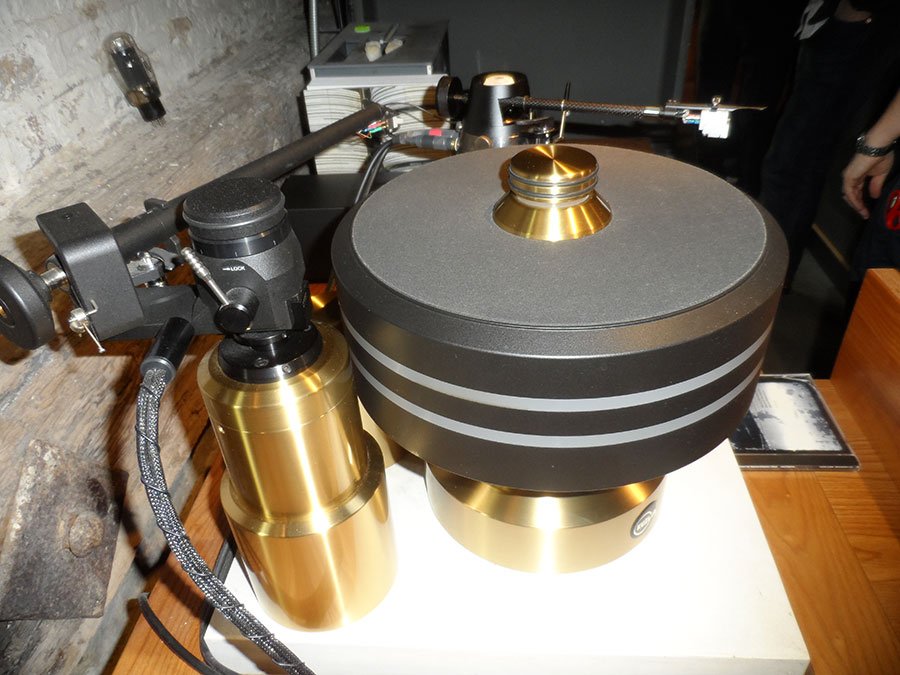
The debate was lively and insightful and questions from the audience were invited. Basically the panellists all agreed that streaming technology has changed people’s musical habits for the worse, with convenience winning over on quality. As Ben Gomori pointed out, people are able to appreciate and demand greater screen resolutions, but when it comes to music they appear to be going backwards, settling for compressed, sub-standard MP3 quality that the likes of Spotify and iTunes are only too happy to provide. Of course audiophiles that listen to an album in its entirety still exist, the kind of people who typically have dedicated listening rooms, but as David Steven acknowledged, they are mainly of the older (original vinyl) generation and are becoming fewer and fewer. Streaming, due to its convenience, has largely taken over but the panel thought despite bandwidth costs streaming services could do more to promote albums and get away from the superficial dependence on and dominance of playlists. As a DJ I feel comfortable utilising both formats, but without the knowledge that comes from years of album listening, I can see that today’s young music fans are often barely scratching the surface of available music as they cherry-pick tracks, not dissimilar to the practice of ‘googling’ information. Ben said that he thought many great albums were being overlooked as a result. When the discussion moved to Hi-res files Enno Vandermeer thought things had got so bad that baseline red book (WAV) standard had to be re-achieved before people could be weaned en masse to superior resolutions. The panel also felt that Hi-res is still out of reach for many or at least not as freely and easily available as it could and should be. However, DCS have invested money in Apple and Enna saw the shift of Tidal and Qobuzs’ customers towards the Hi-Fi/Master premium services as evidence that people are prepared to pay for quality.
Tony Faulkner explained how he has been creating his award-winning recording for decades. I wasn’t surprised by his reply to my question about digital processing. He rejects it, preferring the true craft of microphone placement and minimal editing in the analogue domain. Wherever possible he said he avoids degrading the signal using any form of compression or EQ, even though the modern artists sometimes ask for it. He wasn’t impressed with the inherent latency of Bluetooth or the sound of the MQA filter, describing his taste rather aptly with a food analogy saying he liked his steak rare. He added that he has been producing 24 Bit, 96khz recordings since 1993, a point which David Steven picked up on, adding that as a measure of quality a high bit rate represents only part of the equation. Within the industry he described this boast of ever increasing bit rates as something that has become akin to a marketing arms race for companies, which in his opinion, didn’t really have anything else of true value to offer. Although the panel did identify some reassuring trends, notably the resurgence in vinyl and over-ear headphone sales, this, it was agreed, was probably for the wrong reasons; a fashion statement rather than actual sound appreciation, with many of the people buying LPs not even owning tts as Ben ironically noted! Nevertheless, Paul Noble took a very optimistic and admirably egalitarian stance, maintaining that in his view everybody is capable of appreciating quality if they have the opportunity to hear it. He cited many examples of visitors to Spiritland, who like me he’d witnessed become transfixed and totally engrossed in the music. Paul’s aim is clearly to attempt to re-educate the listener and turn them back on to real sound enjoyment. In a congruent venture, Spiritland have recently opened a shop in Mayfair that sells premium headfi gear; headphones, mobile amps and DACS over £300 that customers can audition in a plush, purpose-built listening environment (another place firmly on my Hifi Pig visit wish-list)! I think everyone in the room agreed that the best way to get people back into listening and enjoying music was by exposing them to it.
DCS and Spiritland are the perfect partners to achieve this aim. In order to justify a need for their existence at the very top of the tree and guarantee an audiophile market for future generations, companies like DCS want to attract new customers at grass roots level onto the HiFi ladder. Spiritland is a venue where this plan is being put into practice. At 6pm, seven nights a week, a full album is selected and played on the Kuzma from start to finish in true time-honoured tradition, exactly as the artist(s) intended. The system, with the addition of the DCS Vivaldi One, is designed to act like a piece of glass; as David said, allowing ‘Only The Music” through. The deep listening experience visitors to Spiritland enjoy is an antidote to the superficiality and instant gratification of modern life and an admirable attempt to reconnect people with quality that has sadly been lost.
Spiritland is only a year old and still in Phase 1 of its development. There are still potential acoustic improvements that can be made regarding isolation and room treatment. With partners like DCS and their motto of ‘unrivalled excellence’, they are definitely on the right path to setting a benchmark that I hope will become a new trend. So next time you’re set to catch a train at King’s Cross, be sure to stop by for a drink and a listen. Give yourself an unforgettable audiophile treat and get into the spirit of the music at Spiritland. You won’t regret it!
Simon Jelffs

























































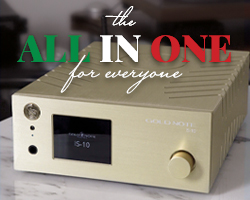
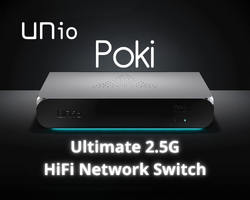
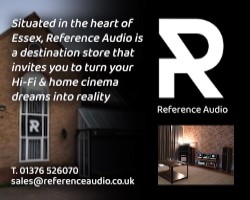
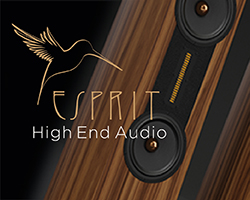
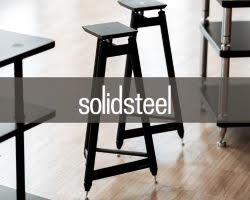
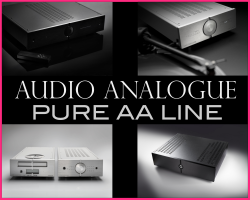
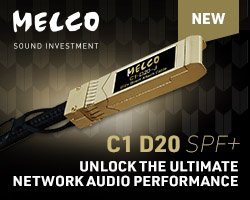
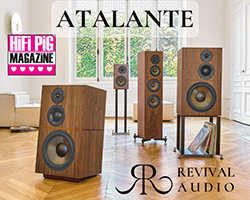
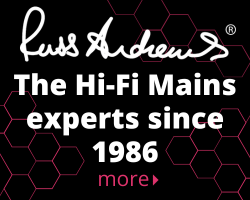
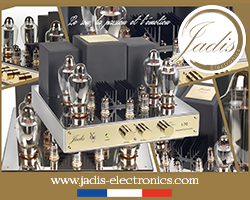
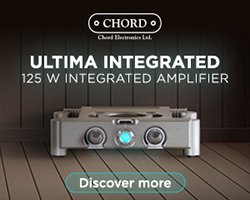
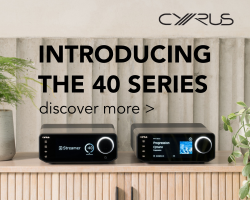
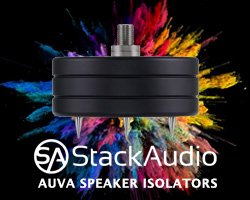
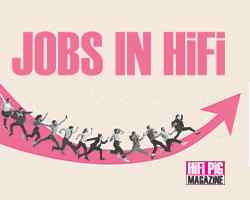
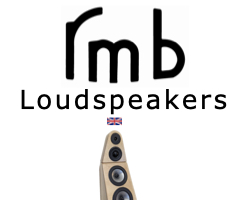
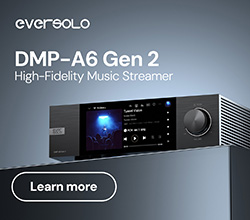
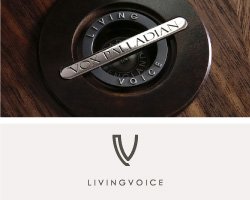
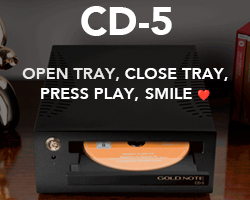
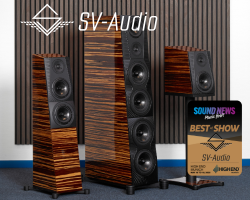
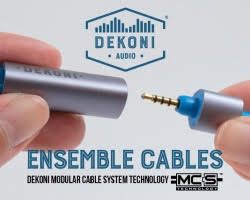

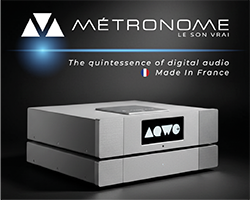
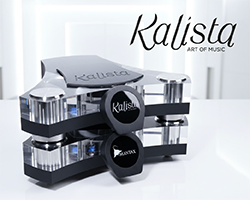
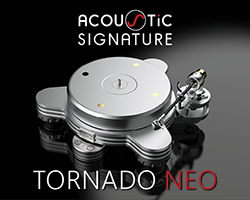

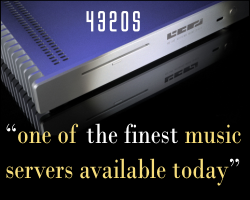
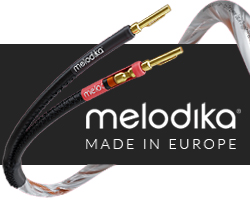
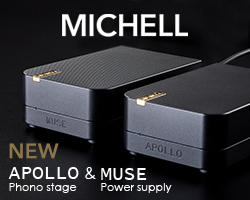
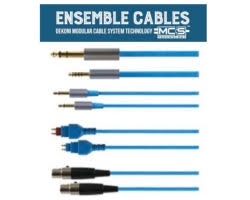

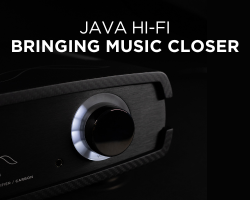
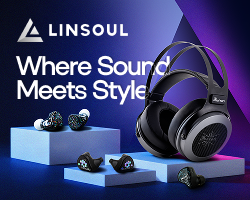

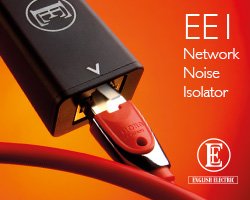
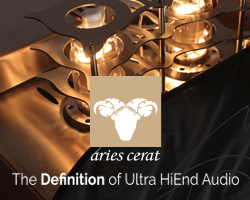
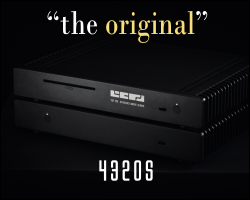
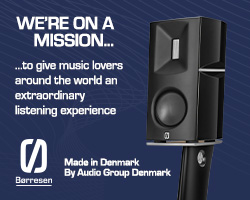
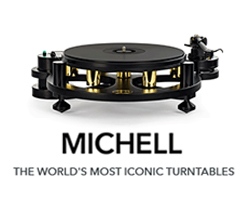
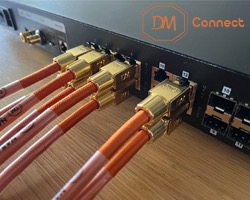


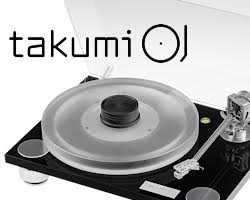
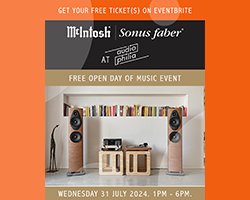
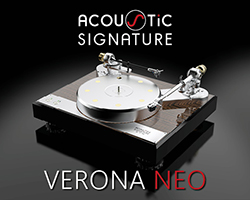

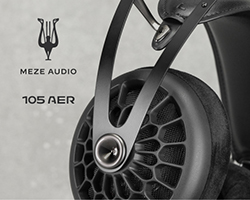
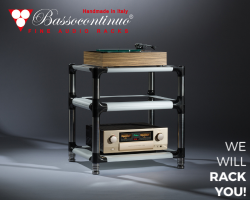

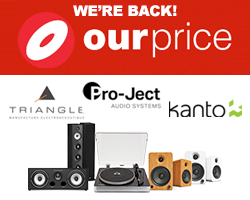
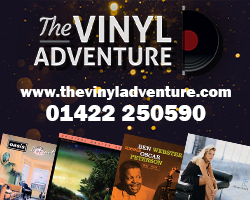
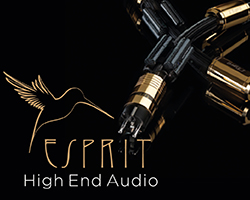
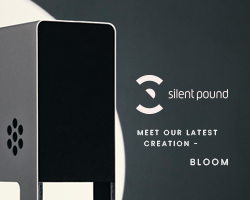
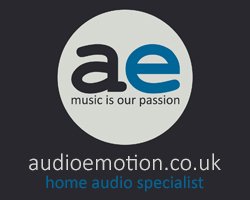
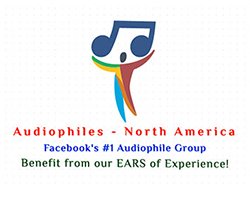
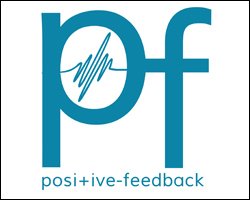
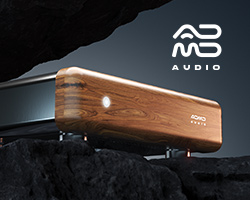
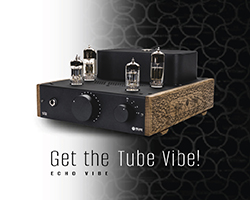
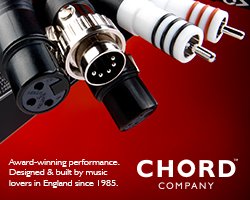
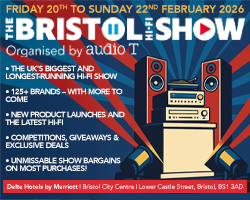
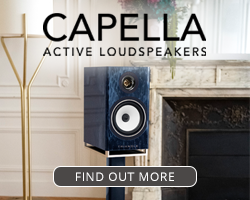
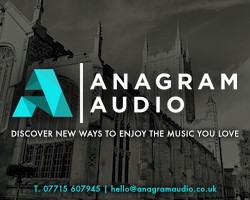
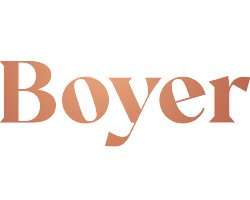

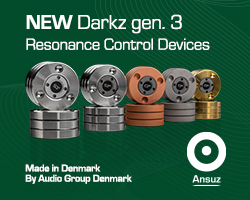
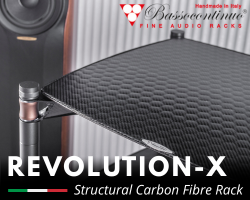
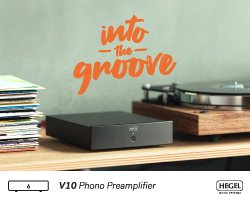
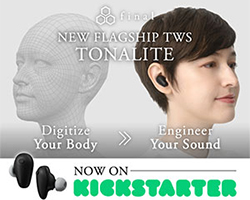
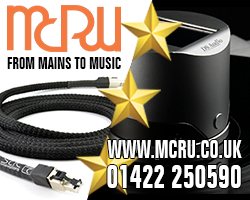

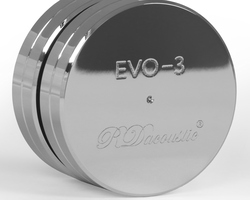
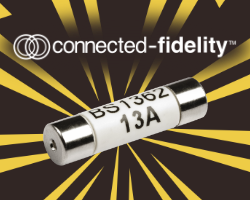
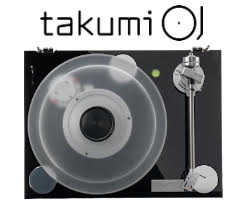
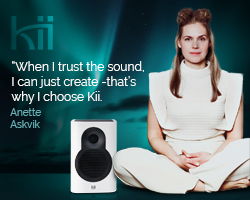
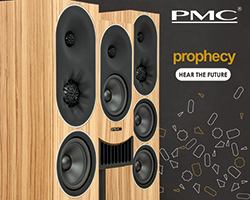
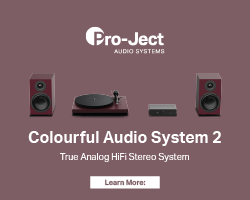
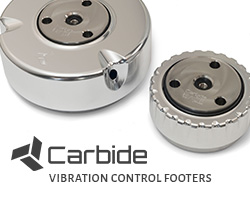
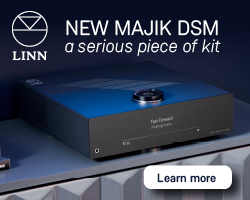

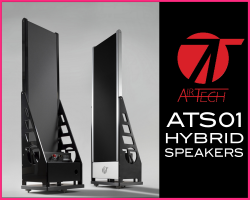
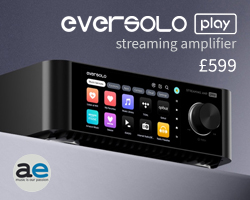
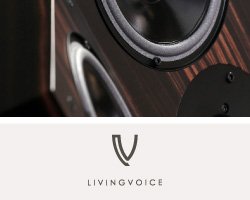

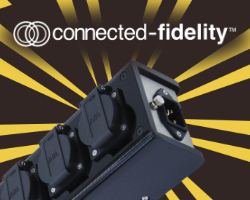
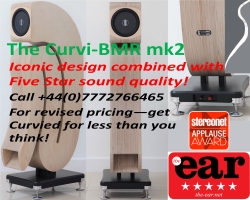
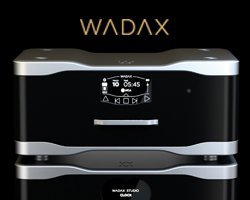
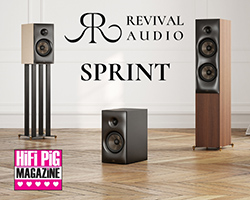
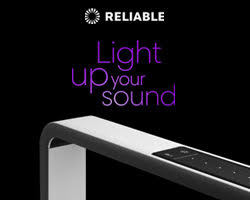
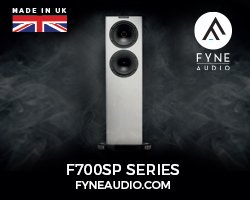
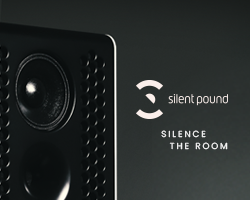
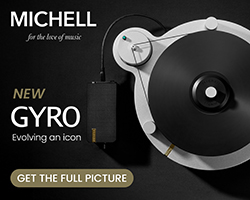
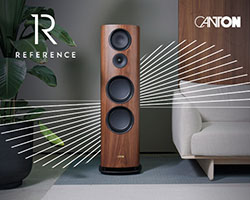

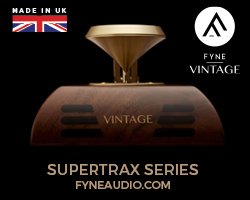
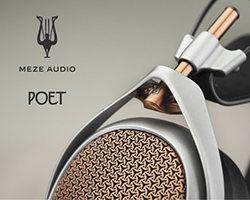
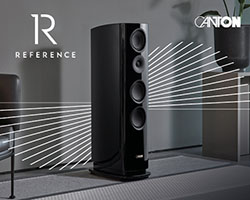
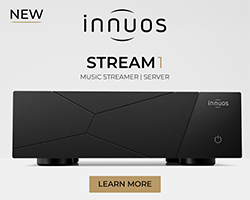

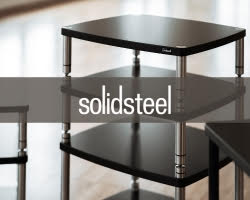
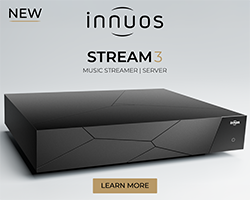






















































You must be logged in to leave a reply.